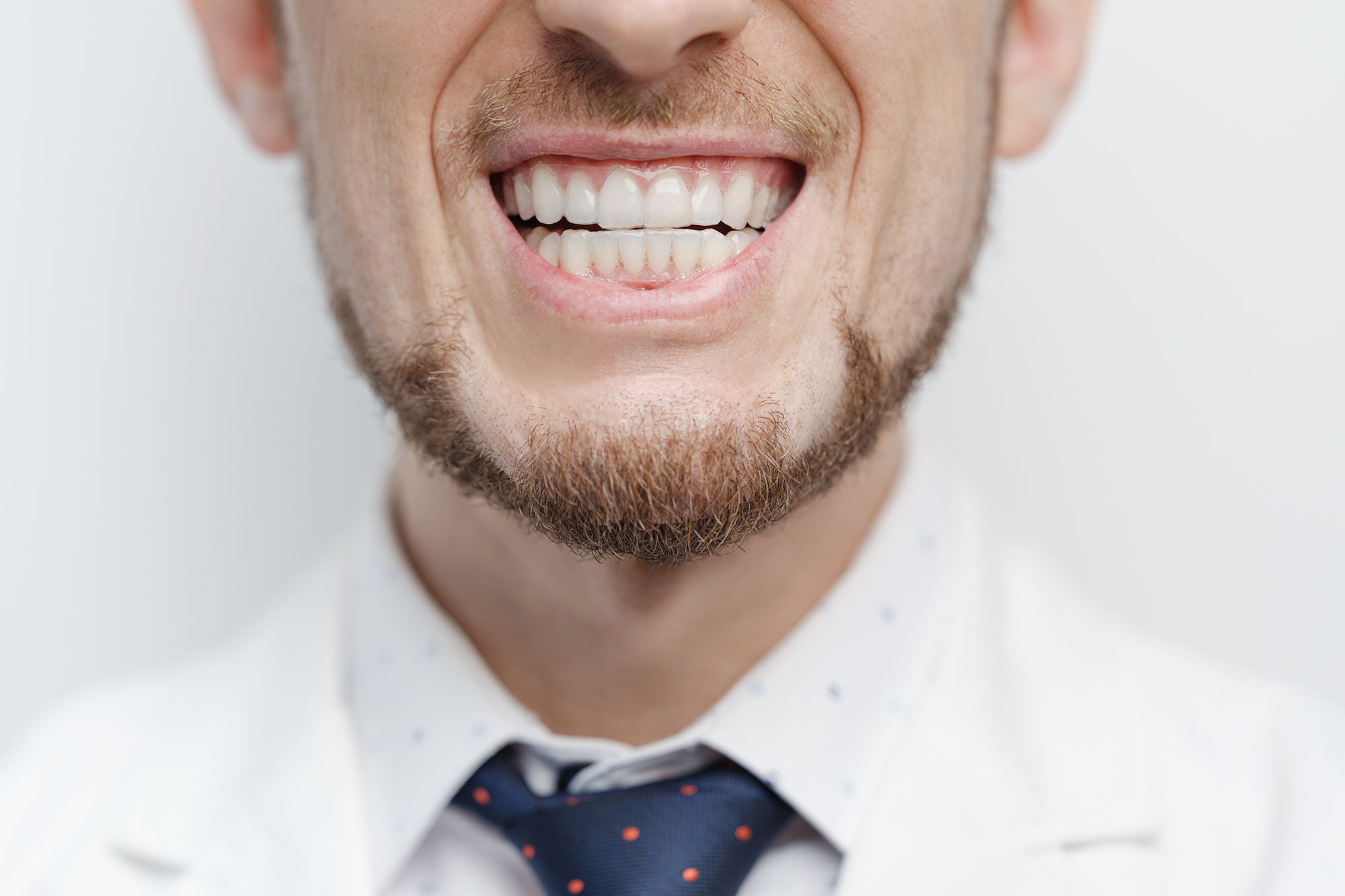McQuiston Dental and Aesthetics
Blog
How Bruxism (Teeth Grinding) Impacts Your Oral Health and What You Can Do About It

Bruxism: A Common but Serious Condition
Teeth grinding, or bruxism, is more than just an annoying habit—it can have serious consequences for your oral health. At McQuiston Dental, we’re here to help you identify the signs of bruxism and provide effective solutions to protect your teeth and jaw.
What Causes Bruxism?
Bruxism can occur during the day or night and is often linked to:
- Stress and anxiety
- Sleep disorders, such as sleep apnea
- Misaligned teeth or an uneven bite
- Lifestyle factors, including caffeine or alcohol consumption
How Bruxism Affects Your Oral Health
If left untreated, teeth grinding can lead to:
- Tooth Damage: Enamel wear, chips, or fractures.
- Jaw Pain: Tension in the jaw muscles and temporomandibular joint (TMJ).
- Headaches: Frequent headaches, especially in the morning.
- Gum Recession: Pressure from grinding can irritate or damage gums.
How McQuiston Dental Can Help
- Custom Nightguards:some text
- Protect teeth from grinding during sleep.
- Relieve pressure on the jaw and TMJ.
- Stress Management Strategies:some text
- Incorporate relaxation techniques to reduce nighttime grinding.
- Bite Adjustments:some text
- Realign teeth to eliminate bite issues contributing to bruxism.
- Behavioral Therapies:some text
- Address daytime grinding through conscious habit changes.
Protect Your Smile Today
Bruxism doesn’t have to damage your teeth or disrupt your life. Contact McQuiston Dental to schedule a consultation and explore personalized solutions for teeth grinding.


